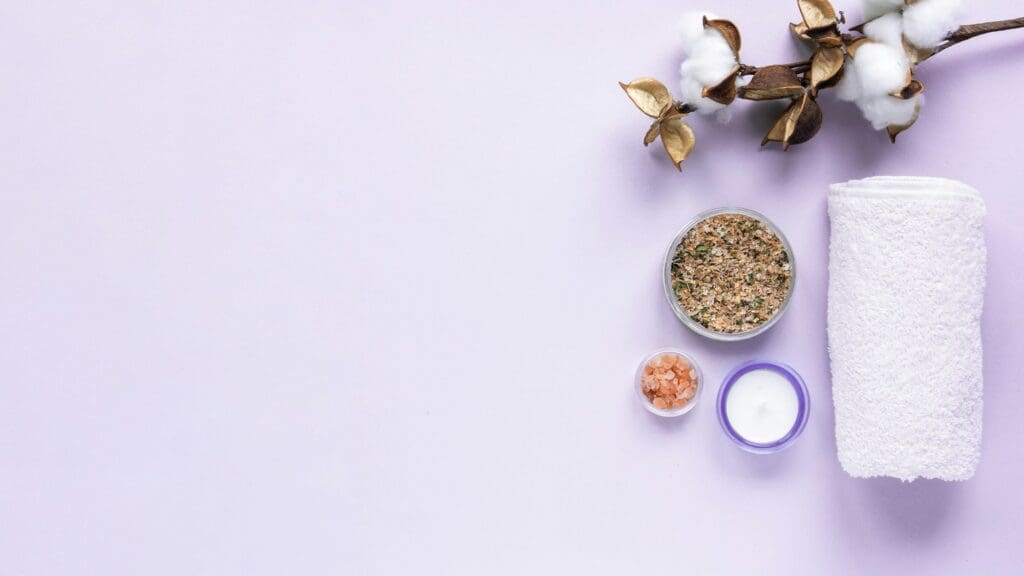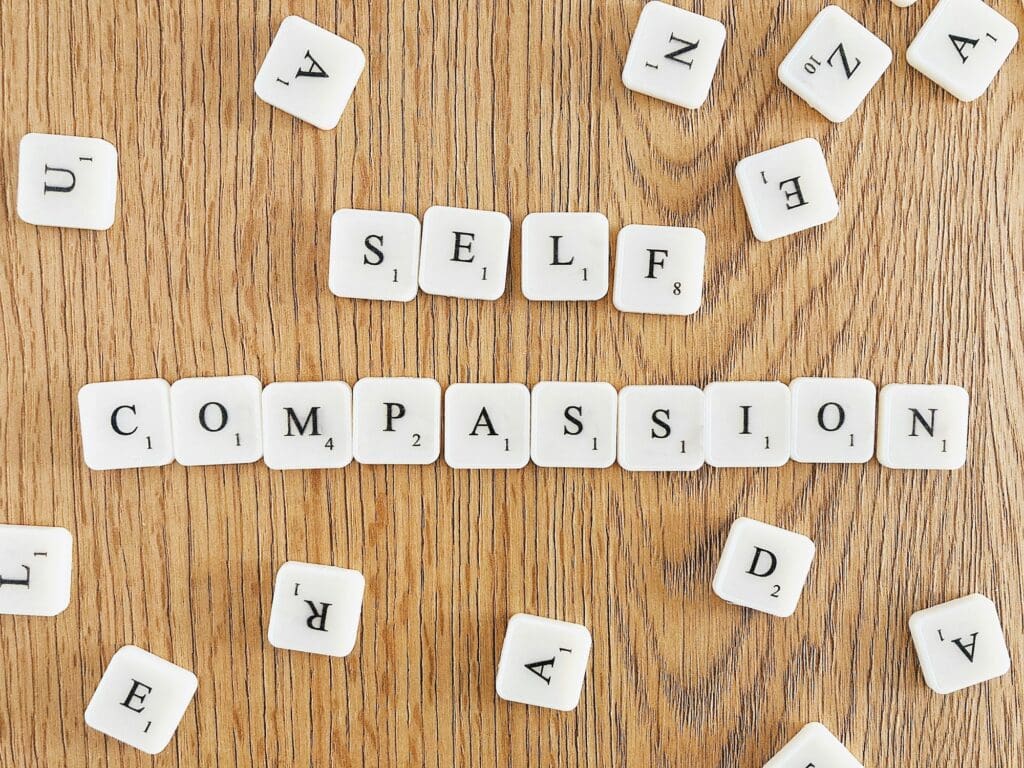


Self-care isn’t a luxury; it’s a necessity. In today’s fast-paced world, taking time for yourself is more important than ever.
But what exactly does self-care mean, and how can you build a routine that works for you? Whether you’re dealing with stress, seeking balance, or just want to feel a bit more grounded, a well-rounded self-care routine can make all the difference.
“Almost everything will work again if you unplug it for a few minutes, including you.” – Anne Lamott
From nurturing your body and mind to finding small moments of joy, successful self-care involves various elements that contribute to your overall well-being. Let’s explore the essential components that can transform your daily habits and elevate your self-care game.

Crafting a self-care routine is a deeply personal endeavor that requires a thoughtful evaluation of your current habits and an understanding of your unique needs.
By identifying what nourishes your mind, body, and soul, you can create a balanced plan that genuinely enhances your well-being.
Whether it’s a daily meditation practice, regular physical exercise, or simply taking time to indulge in your favorite hobbies, the key lies in consistency and mindfulness.
Self-care isn’t just a buzzword; it’s a vital practice that ensures both mental and physical well-being. Investing time in yourself can lead to a more balanced and fulfilling life.
But where do you start? Here are the essential elements of a successful self-care routine:

Maintaining emotional balance is a cornerstone of any successful self-care routine. Emotional balance means being in control of your feelings and having the ability to manage life’s ups and downs with resilience. It’s about understanding, processing, and expressing emotions in a healthy way.
One effective way to achieve emotional balance is through mindfulness practices, such as meditation or journaling. These methods help you to stay present in the moment and provide a safe space to explore your thoughts and feelings.
Incorporating these practices into your routine can significantly impact your emotional wellbeing.
Another essential element is cultivating a support system. Surround yourself with people who uplift you, whether they are friends, family, or professional counselors.
Sharing your experiences and feelings with trusted individuals can provide emotional relief and perspective.
Lastly, don’t forget the importance of self-compassion. Treat yourself with the same kindness and understanding that you would offer a friend.

Acknowledge your mistakes and learn from them rather than being overly critical. Practicing self-compassion can reduce stress and improve your emotional health overall.
In today’s fast-paced world, striking a balance between work and personal life can be challenging. However, it is crucial for maintaining overall well-being.
This balance isn’t just about equal division of time; it’s about making conscious choices that enable you to thrive in both areas.
Set Boundaries: One of the most important steps in balancing work and personal life is setting clear boundaries. This can be as simple as designating certain hours for work and others for personal activities.
Make use of technology to help; for instance, setting your phone to ‘Do Not Disturb’ during personal time can be very effective.
Prioritize Tasks: Not all tasks are created equal. Use tools like a priority matrix to identify and focus on what truly matters. This practice helps prevent burnout and gives you more time to engage in self-care activities that replenish your energy.
Schedule Downtime: Just as you schedule meetings and deadlines, scheduling downtime is equally important. Allocate specific times in your calendar for relaxation, hobbies, and social activities.
This ensures that you are regularly taking breaks, which can significantly enhance productivity and reduce stress.
Flexibility is Key: While structure is essential, being flexible is equally important. Life is unpredictable, and unexpected events can disrupt your plans.
Embrace flexibility by allowing some buffer time in your schedule to accommodate these unforeseen events without feeling overwhelmed.
Finding the right balance is a continuous process, but by implementing these strategies, you can create a more harmonious relationship between your professional responsibilities and personal life, ultimately leading to a more fulfilling and healthier existence

Balancing physical and emotional self-care involves a harmonious integration of practices that nurture both body and mind.
Start by establishing a routine that includes dedicated time for exercise, which boosts endorphins, and mindfulness activities, such as meditation or journaling, that help manage stress.
Additionally, make sure to prioritize sleep. Quality rest is fundamental for physical recovery and emotional regulation.
Another helpful tip is to stay connected with loved ones. Social interaction can significantly uplift your mood while offering emotional support. On the physical side, focus on balanced nutrition.
Consuming a variety of nutrients not only fuels your body but also affects your emotional well-being.
Practical activities like setting realistic goals and rewarding yourself for small achievements can serve both physical and emotional aspects of self-care.
Lastly, remember to take breaks. Whether it’s a short walk or a moment of quiet reflection, these interludes can help maintain equilibrium between physical and emotional self-care.
To ensure your self-care routine is well-rounded, consider incorporating activities from various aspects of well-being: physical, emotional, psychological, social, professional, environmental, spiritual, and financial.
Conduct a self-assessment to identify your needs in each area and create a balanced plan that addresses them.
Regularly review and adjust your routine to reflect changes in your life and needs.
Some common mistakes to avoid in self-care routines include:
During stressful times, it’s crucial to be adaptable with your self-care routine:
Incorporating a successful self-care routine doesn’t need to be complicated. By addressing key areas like emotional balance, socialization, personal care, and a healthy work-life balance, you can enhance both your productivity and overall well-being.
Remember, the essence of self-care lies in discovering and integrating activities that bring you joy, relaxation, or a sense of fulfillment.
Whether it’s through journaling, connecting with loved ones, or indulging in grooming rituals, each step you take towards self-care is a step towards a healthier, happier you.
Start small, be consistent, and most importantly, choose practices that resonate with you personally. The journey to self-care is highly individualized; embrace it at your own pace and in your own way.
By doing so, you’ll find not only a reduction in stress levels but also an enriched life experience that nourishes your mind, body, and soul.
Ultimately, self-care is a profound demonstration of self-respect. When you take the time to care for yourself, you’re better equipped to care for the world around you.
So, honor your needs, nurture your happiness, and celebrate the small victories along the way.









